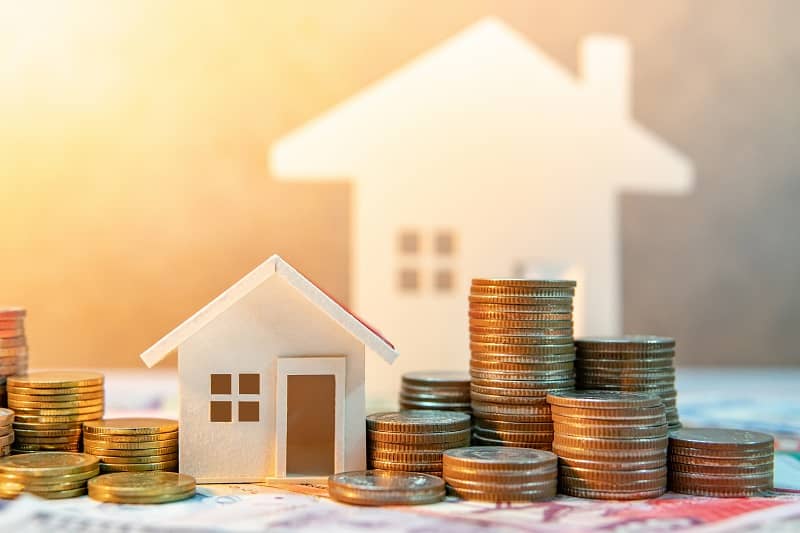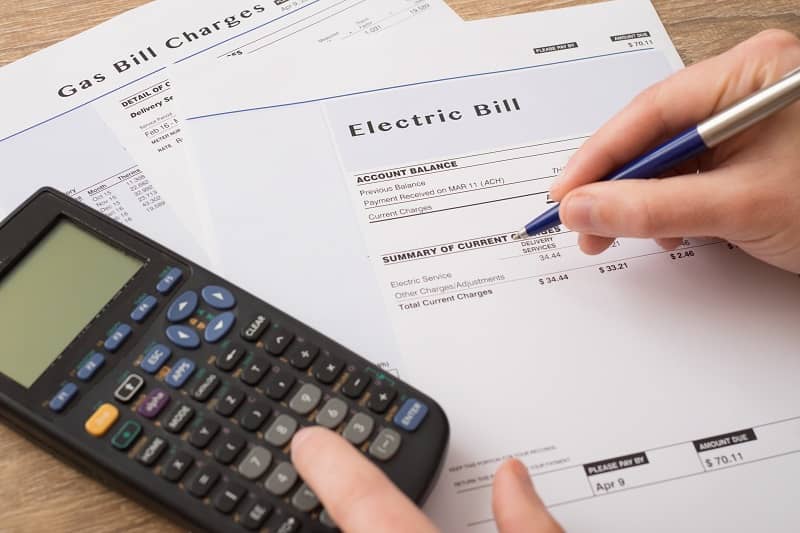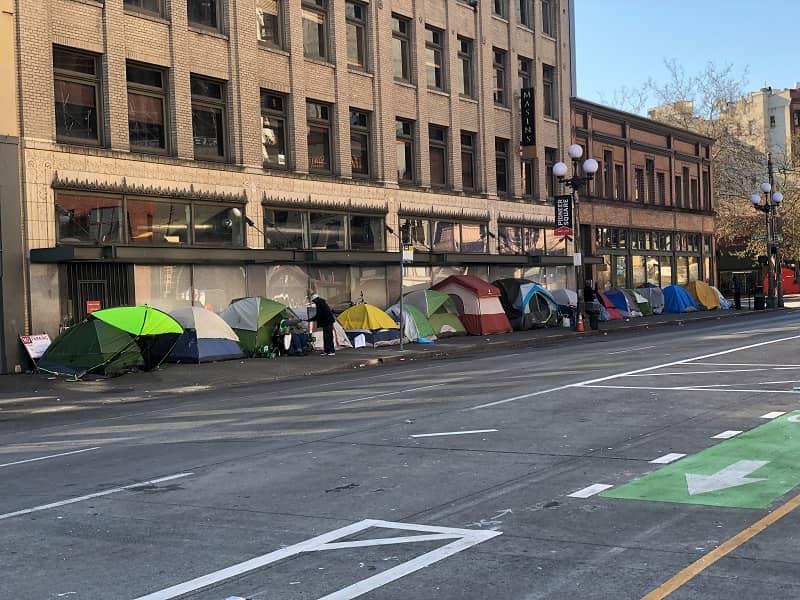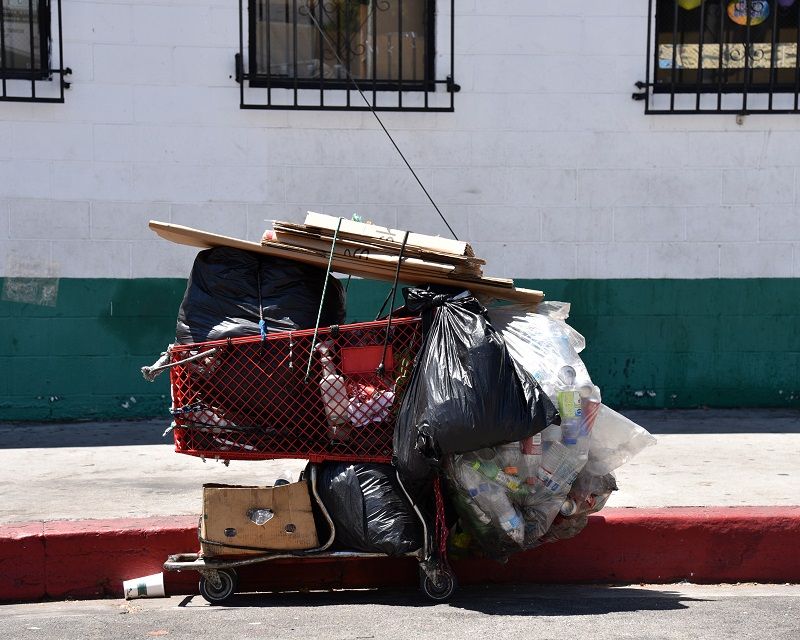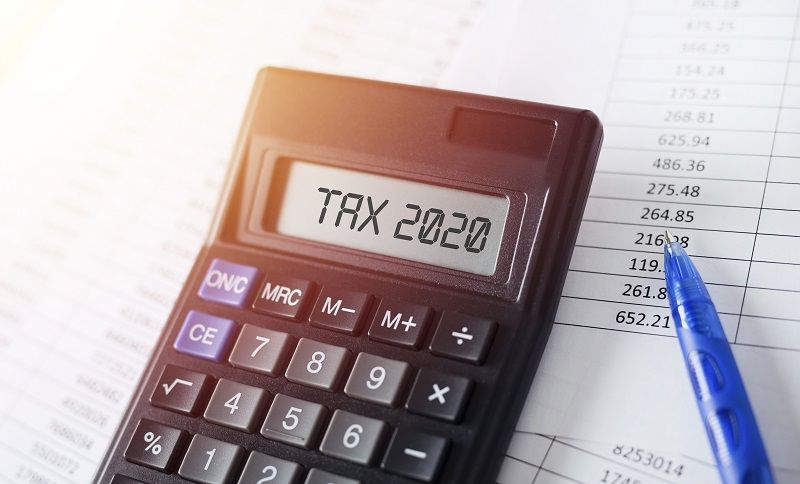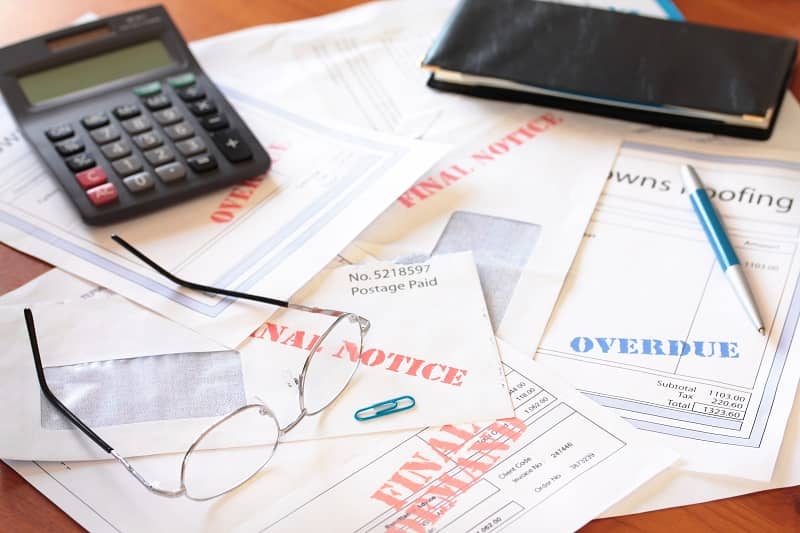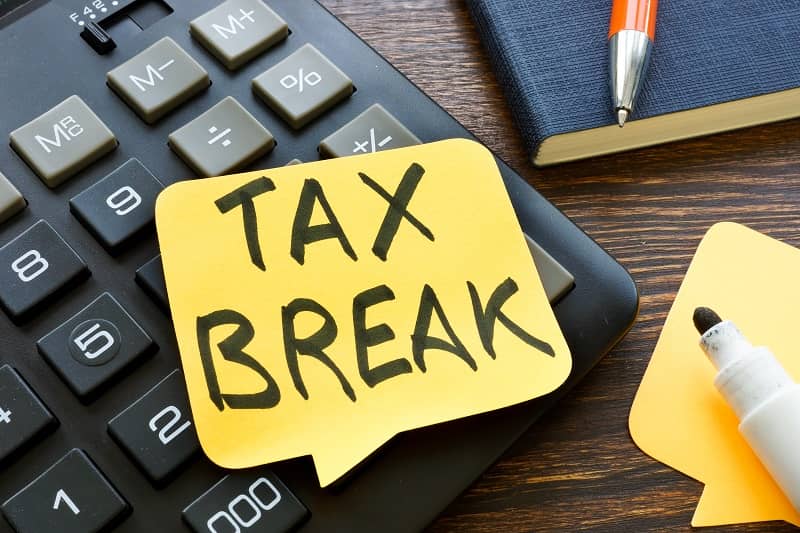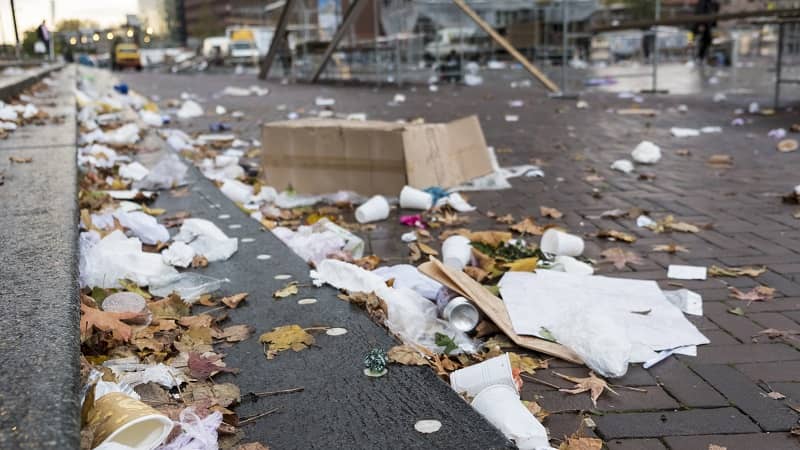

Poverty, economic development and fairness are words often used when speaking about income inequality. “Income inequality” refers to the gap in consumption between the rich and the poor but fails to illustrate anything about well-being and long-term self-sufficiency.
The term “income inequality” is not particularly helpful. It focuses more on keeping up with the Jones’ than on poverty itself. Instead of inspiring policies about self-sufficiency and meeting one’s needs, “income inequality” leads to us compare our stuff with our neighbors’ stuff.
The income inequality argument also assumes that wealth is static. In reality, wealth grows, shrinks and gets transferred. Luckily for business owners, kids with savings accounts and the rest of us, wealth begets wealth. This means we can bring the poor up without bringing down the rich. The answer to poverty is not to increase taxes and the safety net; the answer is to understand why the poor can’t leverage assets and increase wealth. Generally, this is because systems to support the poor are restrictive, force consumption and do not address the barriers the poor face when trying to get ahead. Solutions to poverty include increasing credit and education options, asset building and protecting earned income.
© 2007, Cascade Policy Institute. All rights reserved. Permission to reprint in whole or in part is hereby granted, provided the author and Cascade Policy Institute are cited. Contact Cascade at (503) 242-0900 to arrange print or broadcast interviews on this topic. For more topics visit the QuickPoint! archive.
